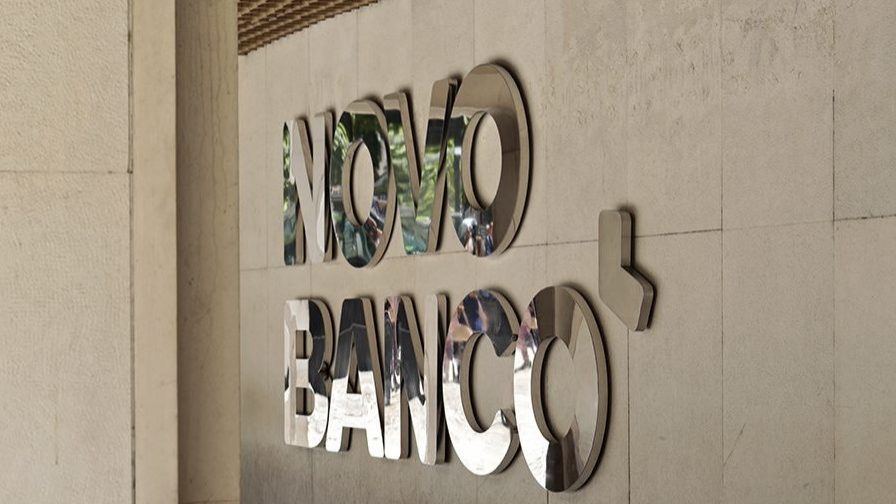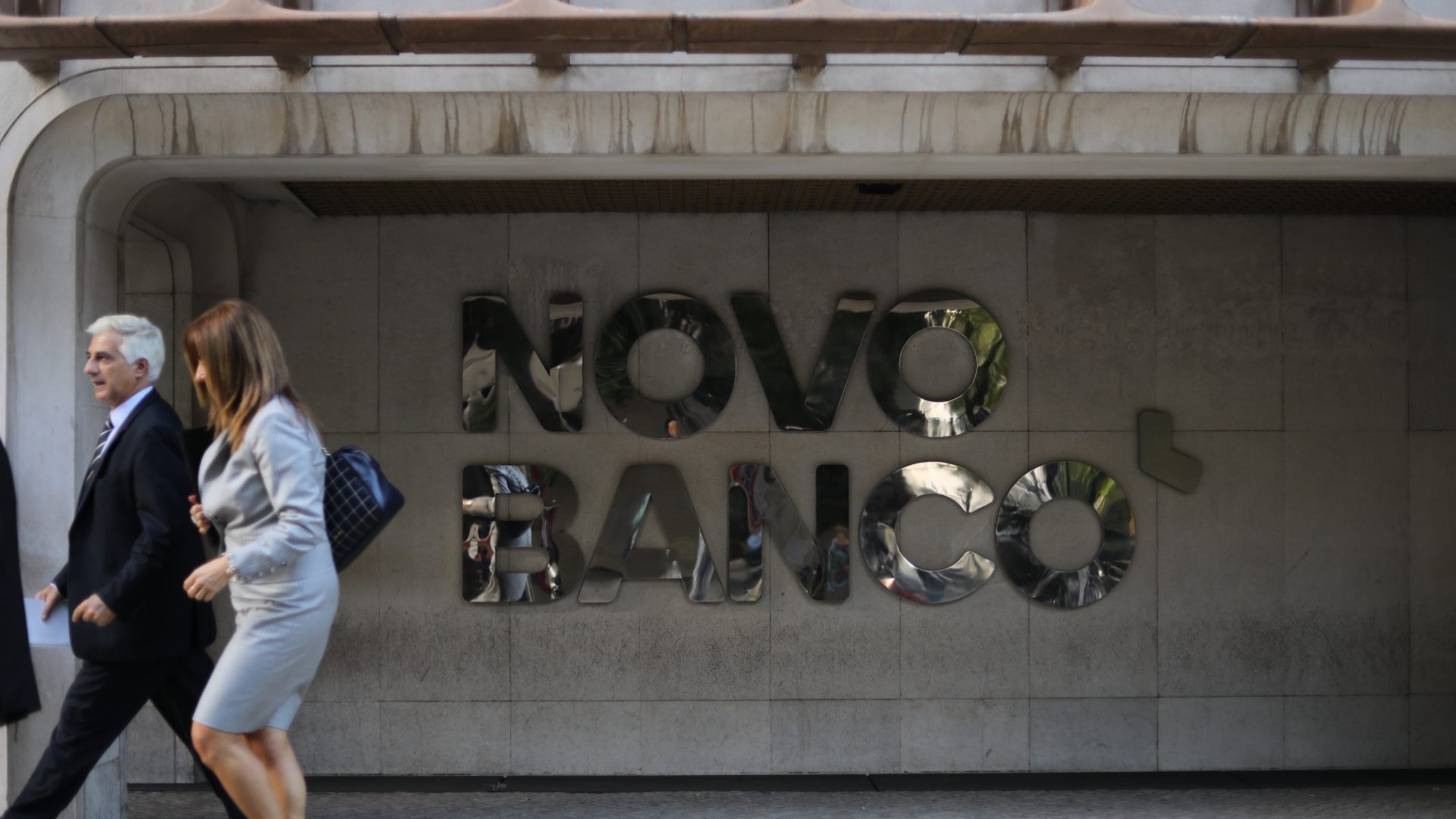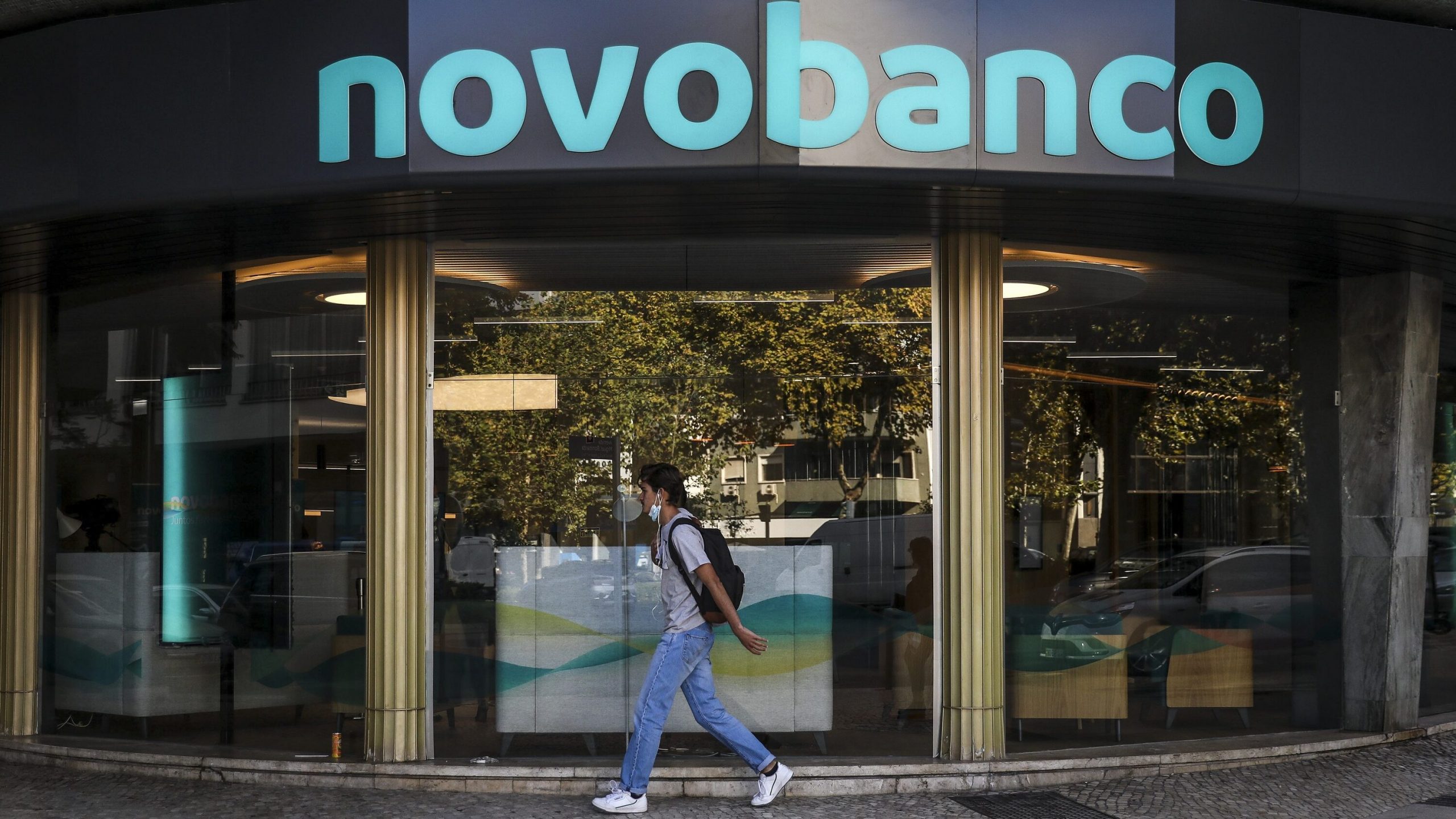Novo Banco ‘not being sold off’ to rival but strengthened for IPO
Novo Banco posted a 2022 profit of €560.8 million, its CEO, Irishman Mark Bourke, said that Novo Banco "is not currently in the process of being sold."
The CEO of Novo Banco, one of Portugal’s largest banks, has said that it is not in the process of being sold off and that the aim of the current management is to strengthen the institution with a view to a “very viable” operation to float its shares on the stock exchange.
In an interview with Lusa, on the day that Novo Banco posted a 2022 profit of €560.8 million, its CEO, Irishman Mark Bourke, said that Novo Banco “is not currently in the process of being sold.”
He cited a recent statement from the bank’s largest shareholder, US investment fund Lone Star, in which it denied having started drawing up contacts to sell its stake, and that it does not intend to start doing so this year. That was after reports in Spain that Lone Star was sounding out that country’s major banks to sell Novo Banco for around €2 billion.
“Spanish newspapers started talking about a valuation and talks,” Bourke told Lusa in an interview, citing the shareholder’s statement. “Lone Star then made a statement saying that there was no process.”
As for whether Novo Banco itself is on the lookout for assets to buy, Bourke said that “it is more likely that it will buy activities or portfolios” that are complementary to its business – such as payments, asset management, “apps” – “rather than buying banks.”
However, he said, as is customary in the financial sector, management will always look at possible opportunities: “There are not many banks. But there are opportunities that come up and we look at every opportunity that comes up.”
According to Bourke, the “best and most viable option” for Novo Banco is to move towards an initial public offering of shares on the stock exchange, even though that decision is one for the shareholders, in order to strengthen the bank.
“We do not have an IPO process underway, but we see it as a very viable option,” he said.
The conclusion of the Novo Banco restructuring process means that there is increasing talk of bank consolidation in Portugal. On the one hand, it is known that Lone Star bought Novo Banco with a view to first making it profitable and then selling it, so turning a profit; on the other, there is talk in the sector that other banks may have more or less weak shareholders, and that Lone Star may now have the initiative there.
At the end of February, officials at BCP, a rival Portuguese bank, reiterated that it remains focused on growing organically, but that it would obviously have to look at Novo Banco if it is put up for sale.
In December, in an interview with the Jornal de Negócios financial newspaper, the governor of the Bank of Portugal, Mário Centeno, said that a merger between Novo Banco and BCP would be positive, but stressed that he was only “being pedagogical in relation to the market and how” he sees banking, since any comments from the central bank can “move the market” and that is not his role.
As for Caixa Geral de Depósitos, the stat-owned savings bank that is Portugal’s largest, its CEO, Paulo Macedo, said earlier this month that it is focused on returning capital to the state, but added that it still might make acquisitions, whether large or small.
In January, during a parliamentary hearing, Macedo said that now CGD is stronger, “it would not happen that a foreign bank would buy Banif and Banco Popular for a euro” as had happened in the past.
Novo Banco was created in August 2014, when Banco Espírito Santo (BES) was wound up by the Bank of Portugal. It is currently 75% owned by US investment fund Lone Star, with the remaining capital held by the banking sector Resolution Fund – a public sector entity, though capitalised by banks operating in Portugal – and directly by the Portuguese state.


